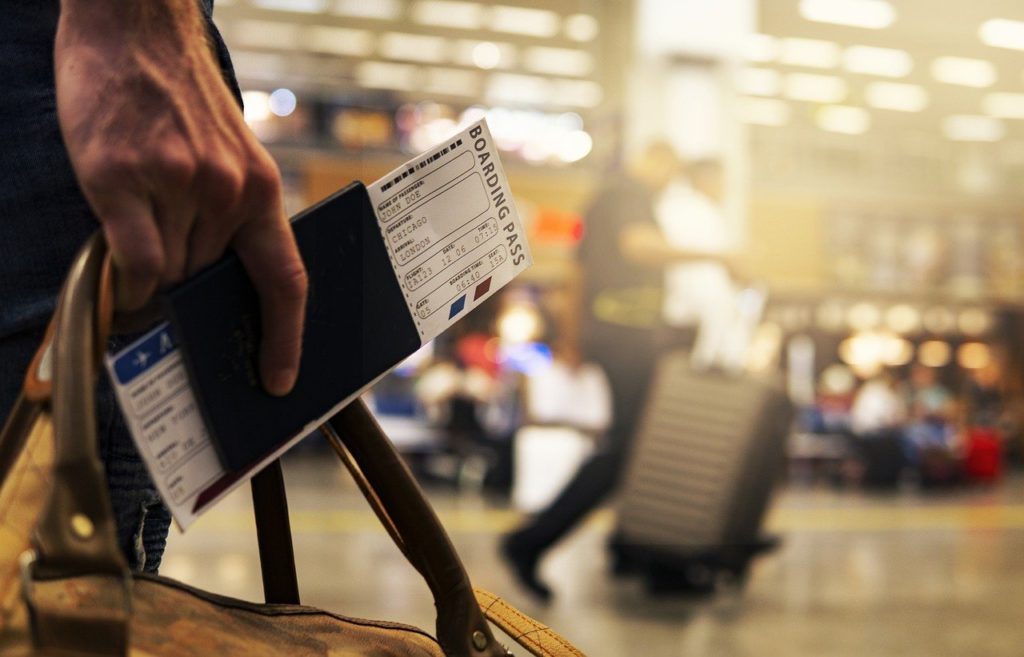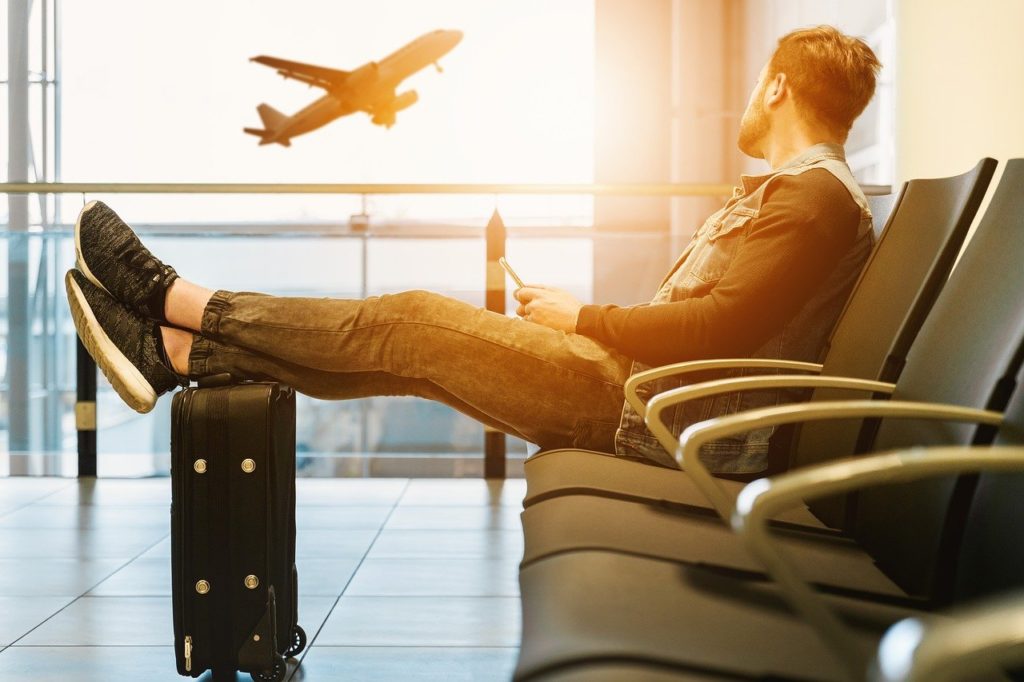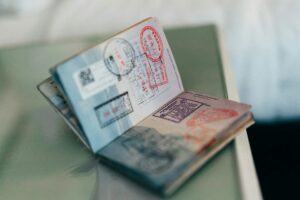Traveling is an exciting opportunity to visit distant places, learn about different cultures, and gain new experiences. But if you aren’t careful, you may find yourself making costly mistakes or fumbling with your plans. If you don’t want to be in those kinds of scenarios, read on to learn what you should watch out for before and during your trip:

Overpacking
When packing for a trip, you may be tempted to bring a lot of stuff with you, such as extra clothes or toiletries. But while it’s good to be prepared for whatever can happen, this peace of mind shouldn’t come at the cost of paying for overweight luggage. Additionally, the number of things you pack can significantly affect the quality of your trip.
Remember: you’ll be carrying all of your items around with you as you travel. You can enjoy your trip a lot more if you don’t have to deal with the literal burden of a huge and heavy suitcase or backpack.
To prevent overpacking, travel experts recommend only bringing a capsule wardrobe’s worth of clothes. Still, it’s a good idea to prepare a change of clothes in case of emergencies. Go ahead and buy leggings, a spare shirt or two, and some extra underwear for a simple but comfy backup outfit.
Neglecting to Research Your Destination
Looking up your destination involves more than just learning about the tourist spots that can be found there. To make the most of your travels, you should also inform yourself regarding other aspects of your destination.
One of these things you should research is your destination’s culture, as it will give you an idea of how you should dress and act while you’re there. After all, the last thing you’d want to do as a tourist is to appear disrespectful to the locals.
Aside from looking up information online, try to ask for firsthand experience from individuals who’ve already visited your destination. It’s even better if you can get in touch with someone who grew up in or currently lives there, as they can give you a more accurate idea of what will be expected of you as a tourist.
Opting Out of Travel Insurance
Many people make the mistake of opting out of travel insurance, thinking of it as only an optional or additional expense rather than a necessity.
However, that belief couldn’t be further from the truth. You can never know for sure what will happen before, during, and after your trip. It’s more than possible for you to lose your luggage, get into an accident, or find yourself in legal trouble while you’re traveling.
That’s why getting travel insurance can offer you some peace of mind in case the unexpected occurs. While it may seem like a hefty cost at first, it can save you from spending hundreds or even thousands of dollars in case you encounter any problems during your trip.
Before you buy travel insurance, though, bear in mind that coverage can vary quite a bit, depending on the agency you get the insurance package from.

Not Going Over Your Bookings to Make Sure They’re Correct
No matter how careful you try to be, there may be times when you’ll commit mistakes without realizing it. You may, for example, confuse one date or number for another while booking your flight or reserving your hotel room.
To avoid this, it’s important to go over your bookings a few more times before your trip just to ensure that everything’s as it should be. Do this at least two weeks before you leave. This will give you enough time to call up the airport or hotel and reschedule in case you did get anything wrong.
Forgetting to Give Your Bank a Heads-Up About Your Trip
If you plan to use your credit or debit card overseas, remember to inform your bank about this before you leave. That’s because, as part of their anti-fraud measures, many banks flag overseas transactions and consequently freeze any accounts associated with said transactions. Unfortunately, they can also end up flagging your legitimate overseas transactions, which can be a huge hassle if you’re simply trying to pay for products or services during your trip.
To avoid losing access to your bank account while you’re out of the country, make sure to give your bank a heads-up about your upcoming trip. If you’ll be visiting multiple countries, give the bank a list of all the countries you’ll be going to. This list will help them assess your future transactions properly.

Exchanging Your Existing Currency for Another at an Airport
As any seasoned traveler knows, the exchange rates at airports are less than ideal. The general rule of thumb is that the farther away you go from the airport, the more favorable the exchange rates will be. Put simply, you can get more bang for your buck if you exit the airport and go to exchange centers either within your origin country or in your destination country.
Keeping Too Much Cash in a Single Place
When prepping for your trip, it’s best to withdraw some cash from your bank account, as it’s possible that not all establishments at your destination accept debit or credit cards.
That said, never put all your eggs—or in this case, all your cash—in one basket. Just withdraw enough cash for your day-to-day needs and leave most of your travel budget behind in your bank account. That way, should you accidentally lose your wallet or bag, you’ll still have enough money left in your bank to continue your trip or return home.
It’s also a good idea to split up your cash and store it in different places, just to be safe. Distribute your cash by storing some in your wallet, some in your pocket, and some in your shoes.
While you could definitely just go with the flow before and during your trip, making any of these mistakes can cost you a pretty penny. Rather than risking it, make sure to remember the tips we’ve mentioned above before you head off on your next adventure. As the saying goes, it’s always better to be safe than sorry.



